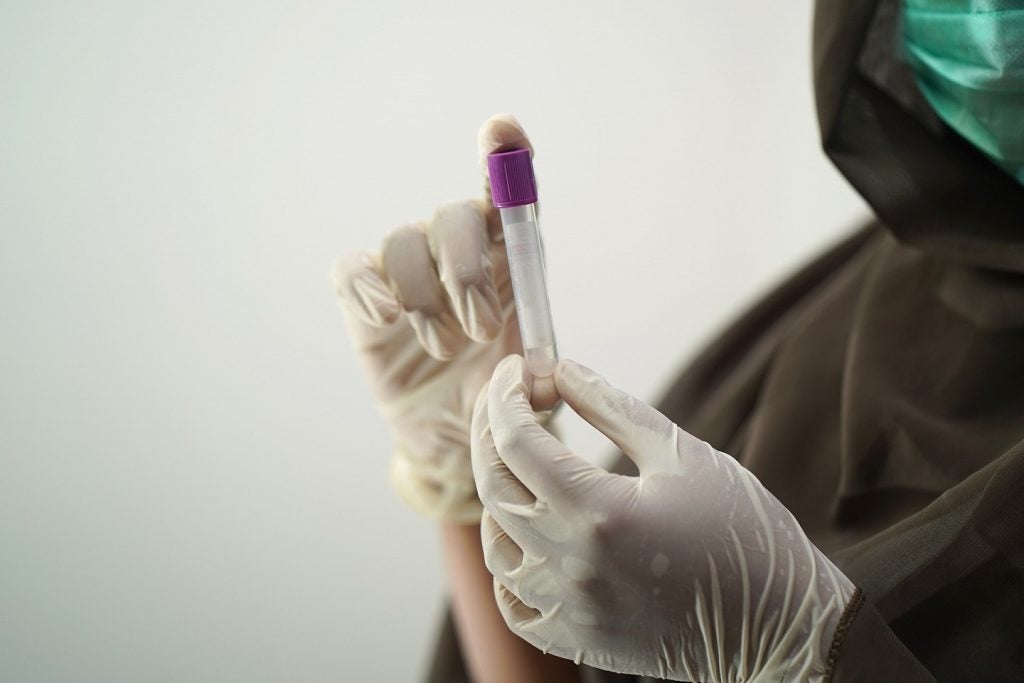The US Food and Drug Administration (FDA) has approved Abbott's molecular human papillomavirus (HPV) screening solution, an addition to the Alinity m diagnostic assay family.
The screening solution tool is designed to detect high-risk HPV infections that are said to be common in most sexually active adults, according to the US Centers for Disease Control.
Abbott said there are several variants of the HPV, distinguished by their distinct genetic signatures or genotypes.
Certain HPV genotypes have the potential to cause cancer, particularly cervical cancer in females.
Traditionally, Pap tests were employed for cervical cancer screening. However, current professional guidelines advocate for primary screening via HPV infection tests as the superior method for detecting cervical cancer over Pap testing.
As per professional medical guidelines, the Alinity m high risk (HR) HPV assay is approved for HPV detection and regular cervical cancer screening.
The assay is also authorised for co-testing, in conjunction with a Pap test, for those patients and physicians who opt for both tests.
The Alinity m HR HPV assay will provide data on five risk categories, encompassing the 14 different potentially cancer-causing genotypes of the virus.
This would assist physicians in not only detecting the presence of an HPV infection but also determining whether the infection stems from one or more of the types that might lead to cancer.
Abbott molecular business vice-president Keith Cienkus said: “HPV testing is a powerful tool for detecting HPV infections that can lead to certain cancers, including cervical cancer and illustrates the power of molecular diagnostics in infectious disease.”
The Abbott Alinity m HR HPV assay is planned to be made available for use on Abbott's Alinity m laboratory instrument.
The assays that will be made available for use on the Alinity m system in the US include Resp-4-Plex, SARS-CoV-2, HCV (Hepatitis C), HIV-1 (Human Immunodeficiency Virus type 1), HBV (Hepatitis B), STI (CT/NG/TV/MG), CMV (Cytomegalovirus) and EBV (Epstein–Barr virus).









